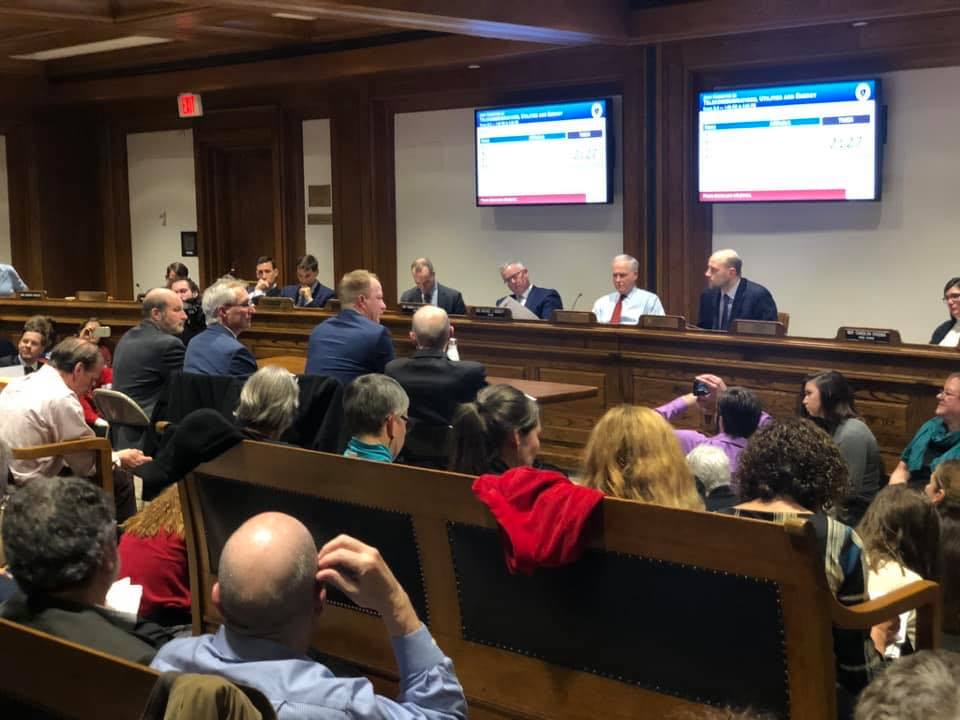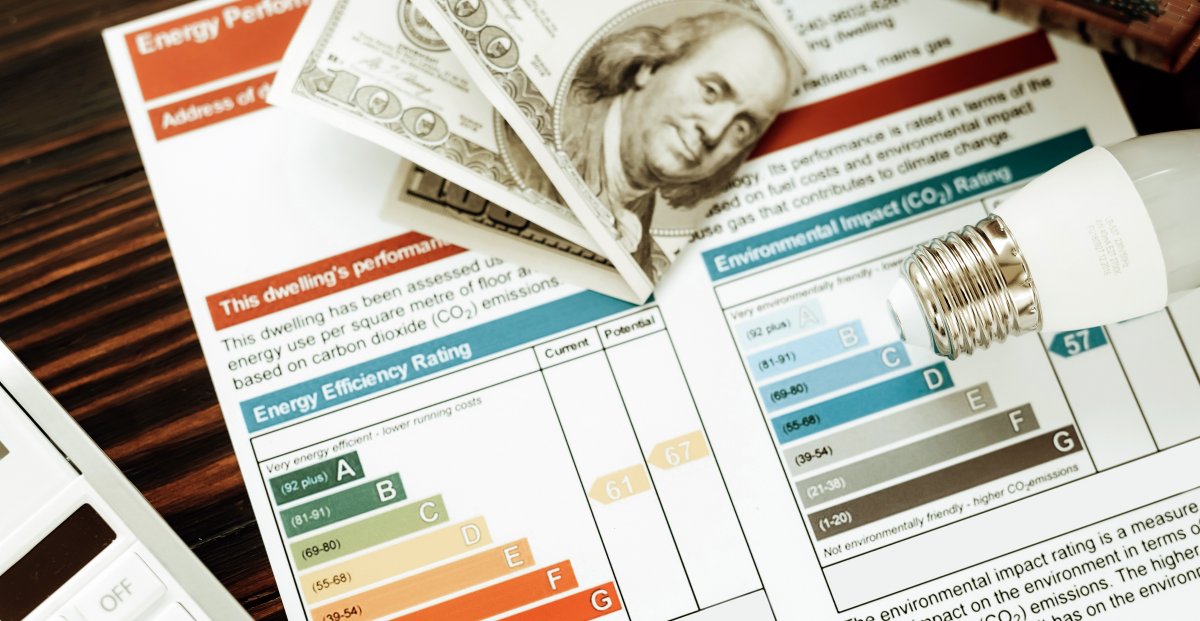
Carbon Price, Competitive Supply, and Consumer Protection
On January 14, 2020, Professor Christopher Knittel testified before the Joint Committee on Telecommunications, Utilities, and Energy at the Massachusetts State House. Read his full statement here.
SEE FULL ARTICLE
Using Machine Learning to Target Treatment: The Case of Household Energy Use
In this Working Paper, the researchers use causal forests to evaluate the heterogeneous treatment effects (TEs) of repeated behavioral nudges towards household energy conservation and find suggestive evidence of a “boomerang effectâ€: households with lower consumption than similar neighbors are the ones with positive TE estimates.
SEE FULL ARTICLE
Social Comparison and Energy Conservation in a Collective Action Context
In this CEEPR Working Paper, the authors report results from a social comparison feedback experiment incentivizing a reduction of indoor temperatures during the heating season. Despite the fact that most study participants did not face direct financial benefits from lowering heating energy consumption, the results show a statistically significant treatment effect of -0.54°F (-1.2%).
SEE FULL ARTICLE
Machine Learning for Solar Accessibility: Implications for Low-Income Solar Expansion and Profitability
The US solar industry typically uses a standard credit score as a factor in approving customers for new installations. The authors of this paper compare machine learning and econometric models to predict the probability of default to credit-score cutoffs.
SEE FULL ARTICLE
Getting the carbon out of the electricity sector
CEEPR faculty members Paul Joskow, David Keith, Christopher Knittel and Jessika Trancik participated in a recent MIT symposium titled “Decarbonizing the Electricity Sector.”
SEE FULL ARTICLE
Driving Behavior and the Price of Gasoline: Evidence from Fueling-Level Micro Data
In this CEEPR Working Paper, Professor Christopher Knittel and Professor Shinsuke Tanaka use novel microdata on on-road fuel consumption and prices paid for fuel to estimate short-run elasticities of demand for gasoline consumption.
SEE FULL ARTICLE
Subscribe To Our Newsletter
Subscribe now and check outour Past newsletters


